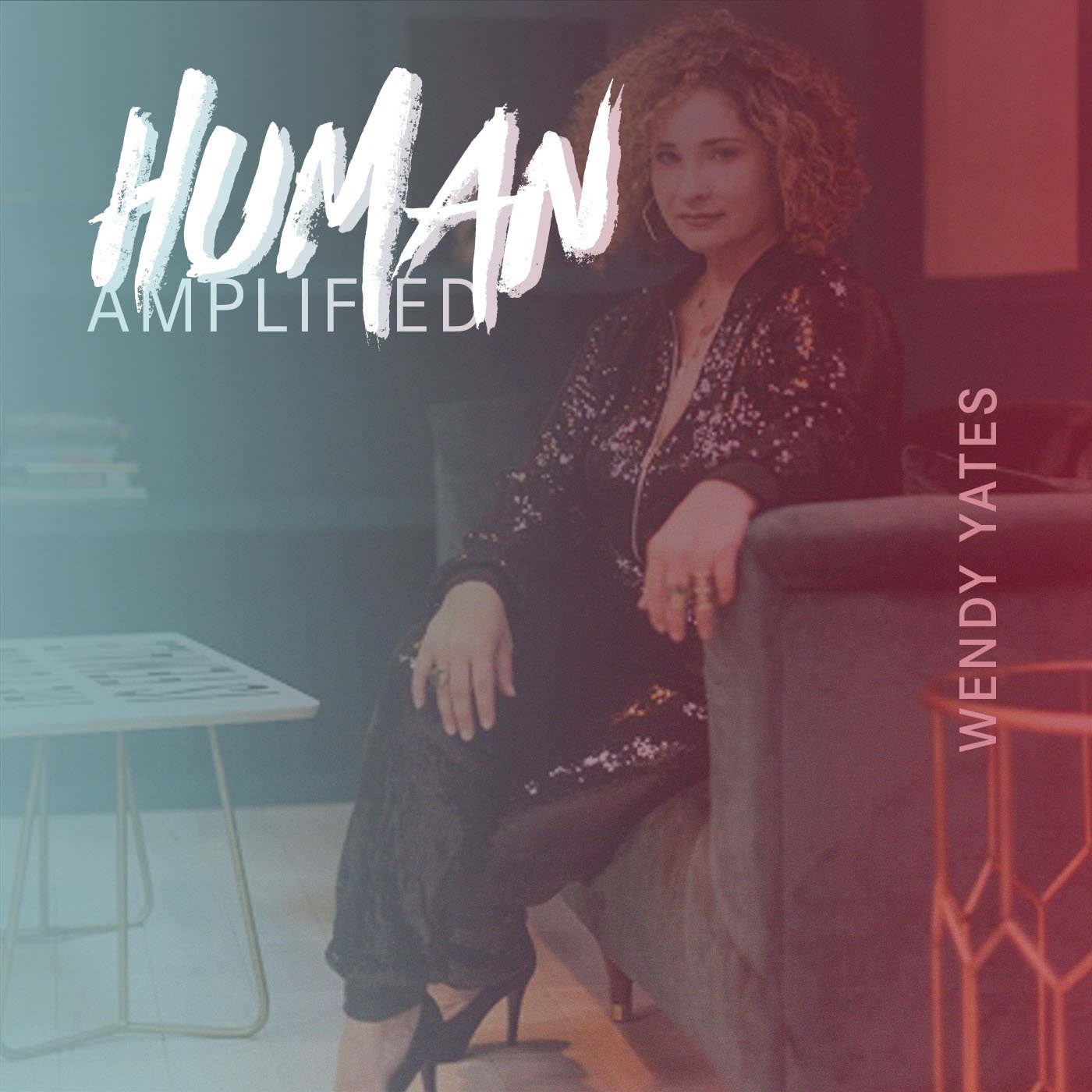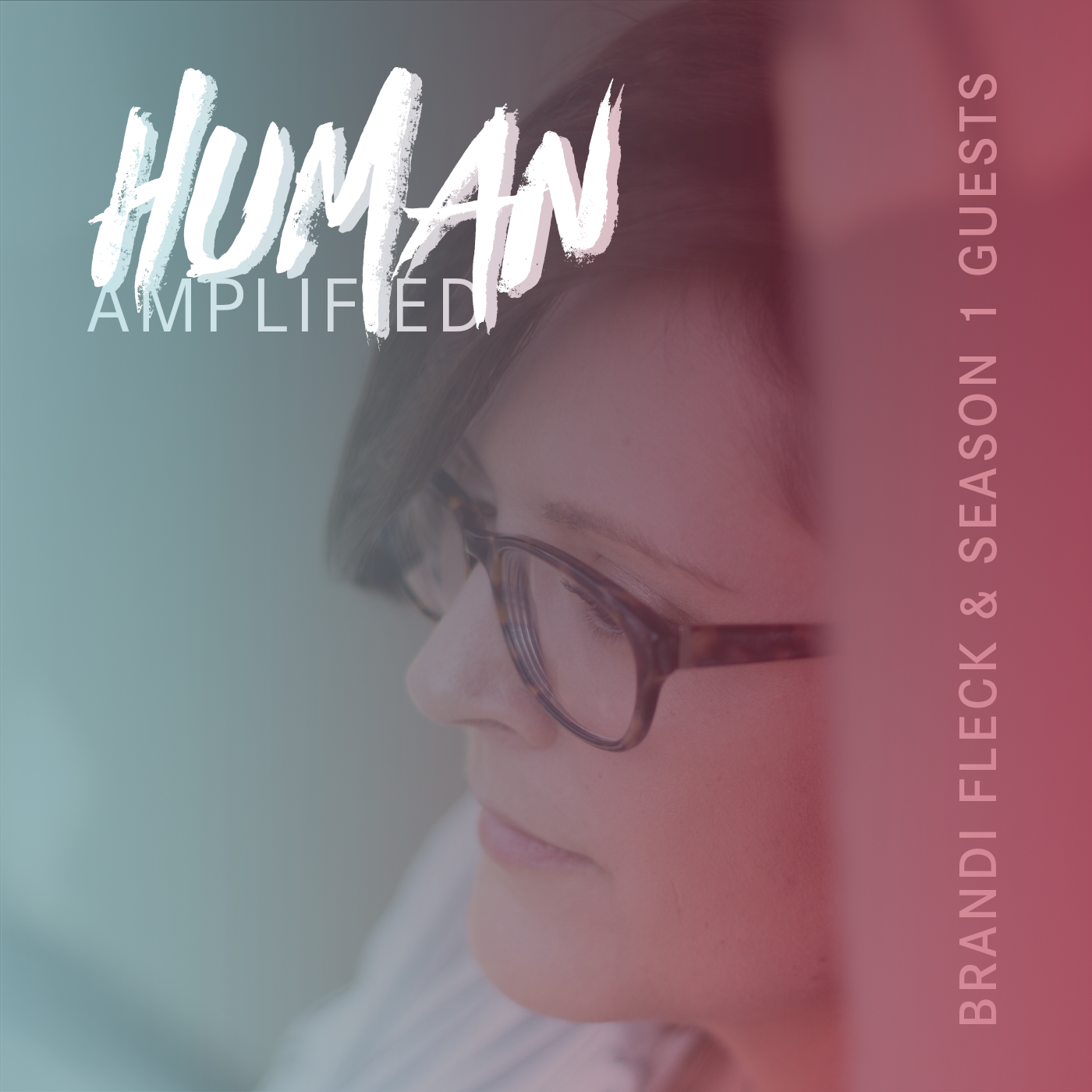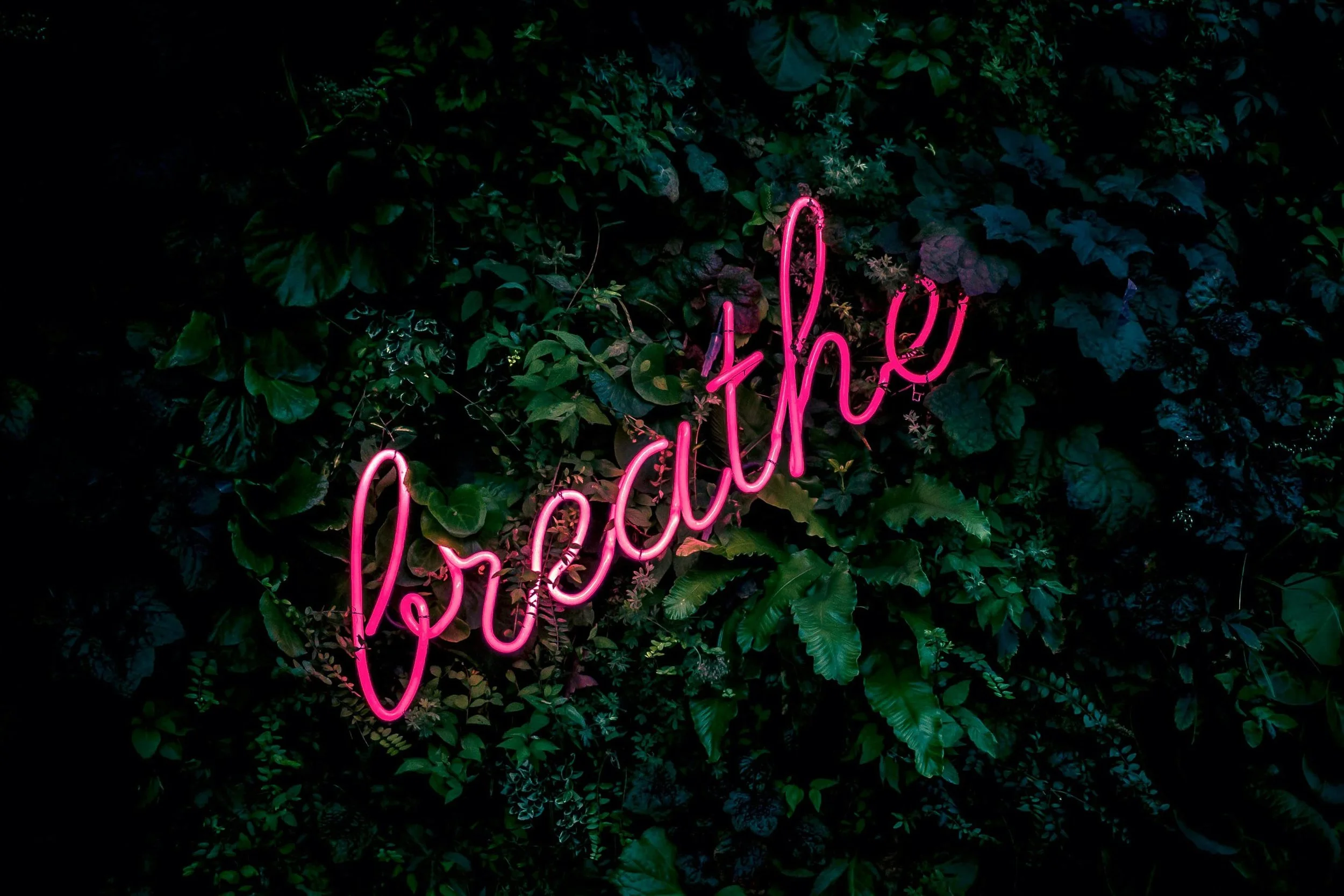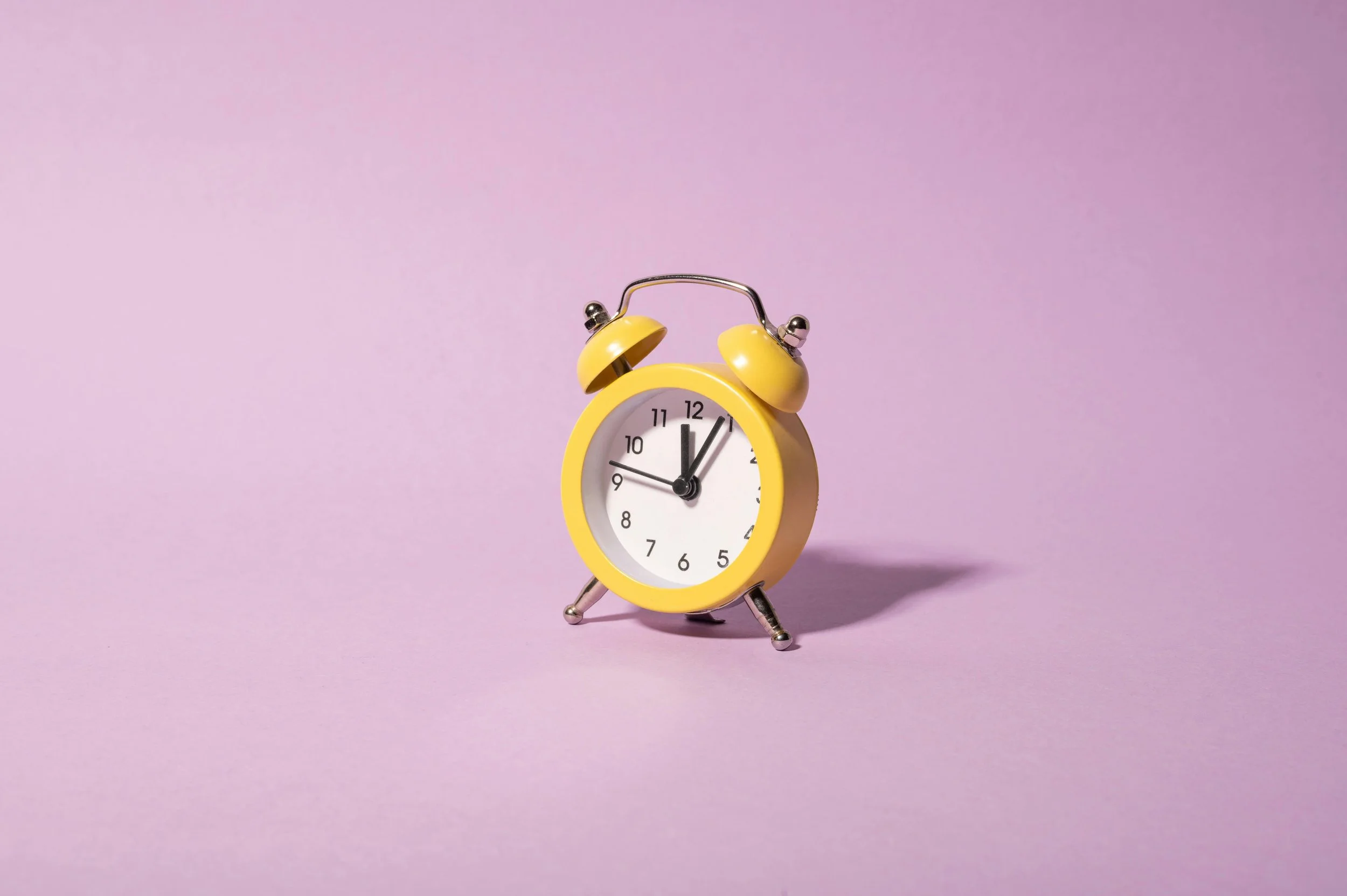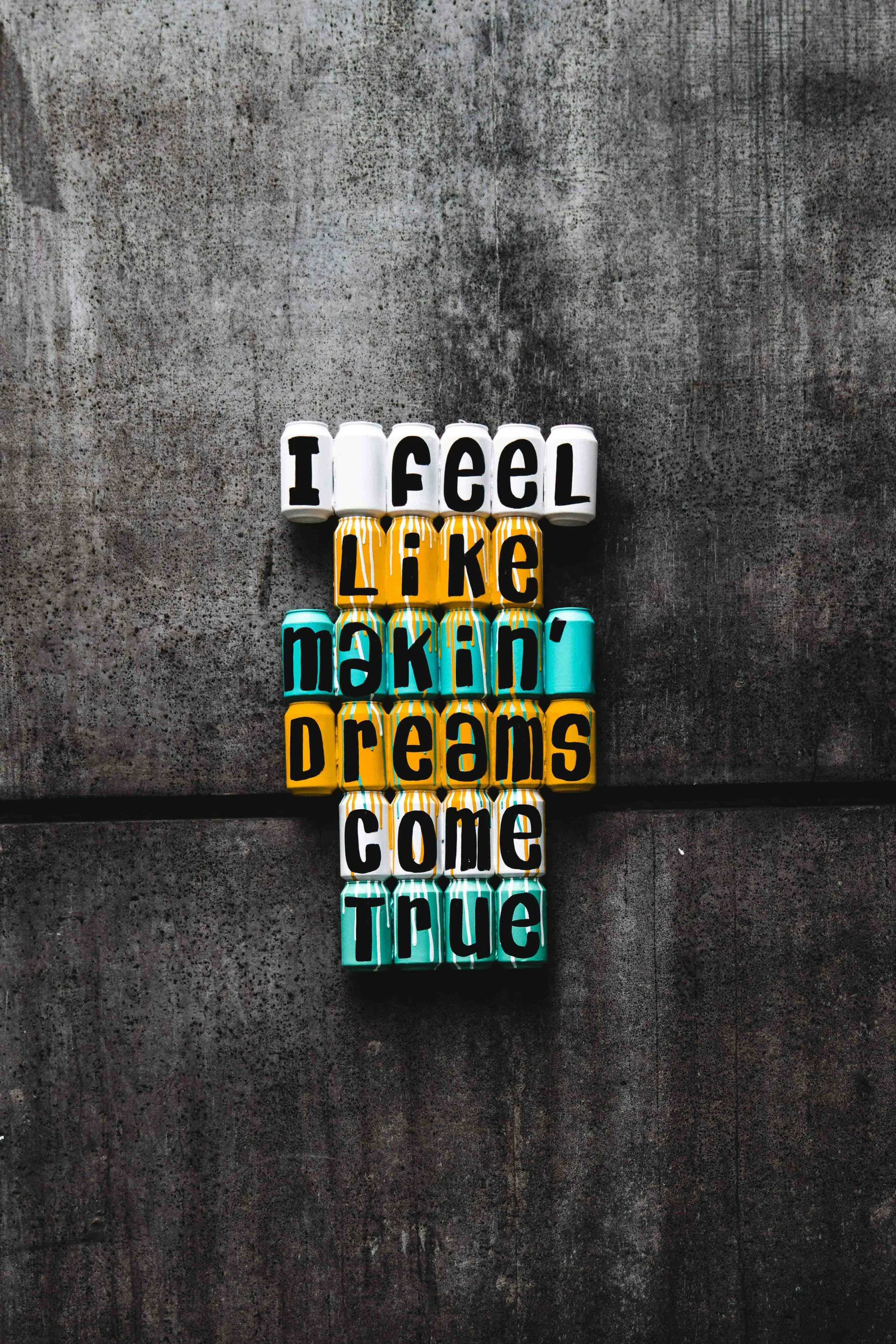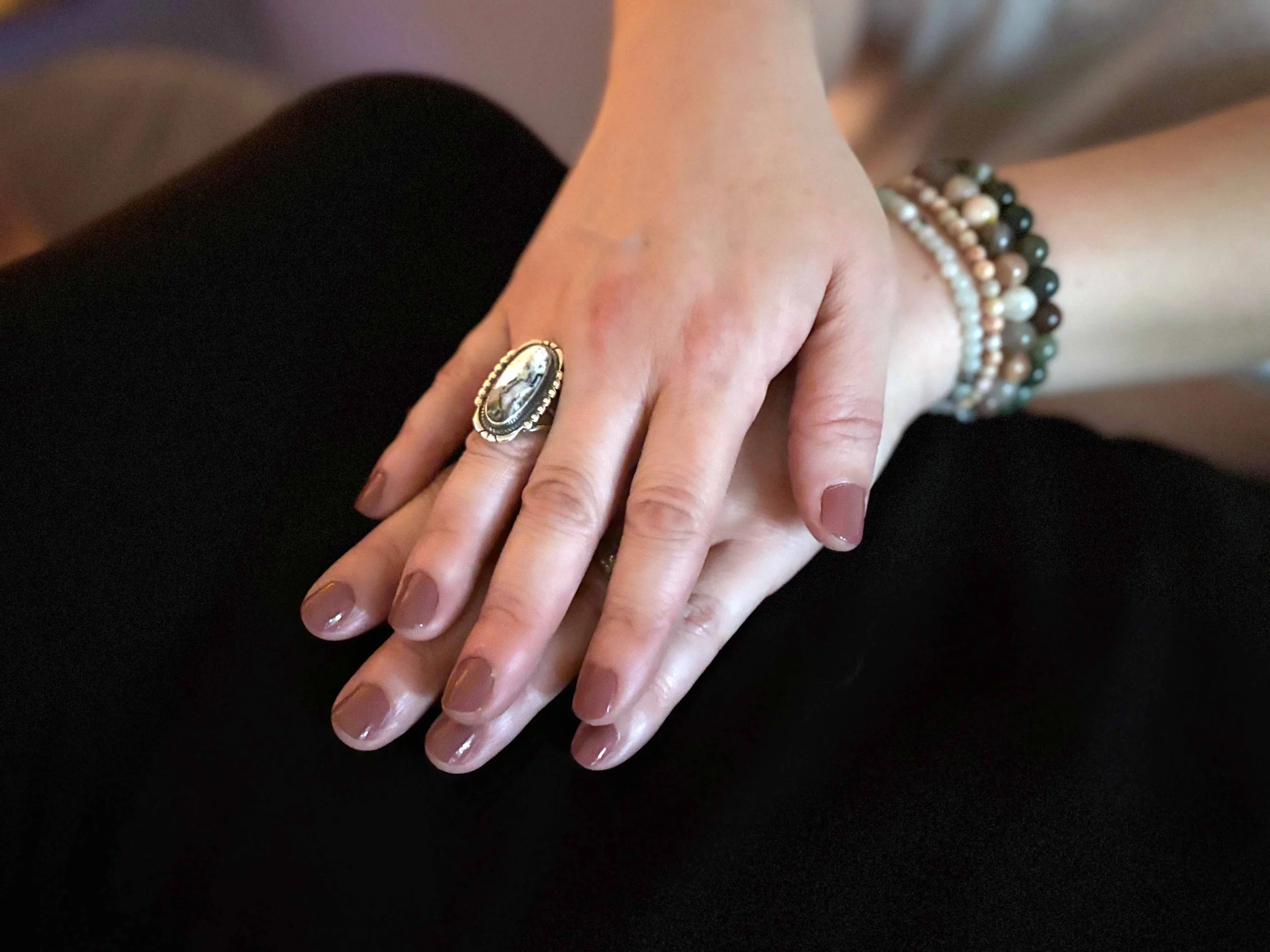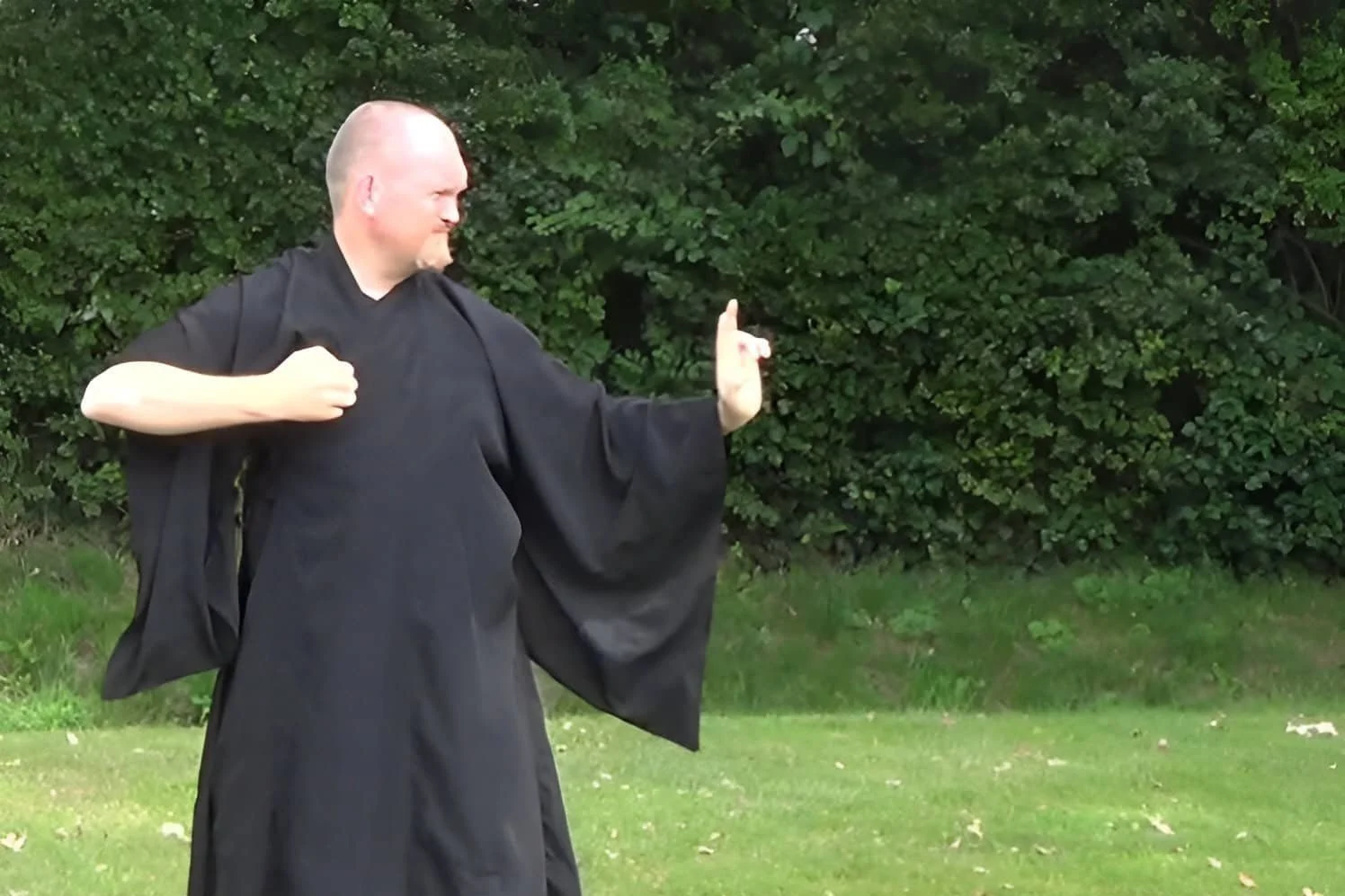Creating Meaningful Experiences by Embracing Duality with Human Behavior Expert and The Secret Documentary Star (2006), Dr. John Demartini
Interview by Brandi Fleck
This is a conversation between myself, Brandi Fleck, Host of the Human Amplified podcast and Dr. John Demartini, Founder of the Demartini Institute and internationallhy-acclaimed educator, speaker, and author, about how to maximize your life through certain behaviors.
This blog post is for you if you want to start transcending trivialities of everyday life as well as overcome and perceive your challenges differently, take a bigger picture view of our existence (including your own existence, of course), and if you want to think deeply about what would make your life more meaningful.
Within a 45 minute interview, Dr. John Demartini eloquently packed in not only a personal retelling of his early life and how it’s shaped his present, but dense information about our biology, physiology, philosophy, and spirituality from several religious teachings combined with his own experience and expertise on human behavior that can impact how you view your life and what you want out of the experience of it. We touch on everything from what grace is and having it to the role of challenges in our lives. The main takeaway: we must appreciate both sides of the coin in any situation to experience unconditional love and maximize our lives.
Dr. John Demartini and Brandi Fleck during the interview.
Table of Contents:
Expanding Our Humanity
Dr. Demartini, what does being human mean to you?
What does being human (laughs)? I think that the full experience of every imaginable sensory, motor, and conceptual experience that a human being is capable of experiencing on a moment to moment basis through time, so I think that’s the best way to describe it: anything you can experience with your awareness and anything you can experience through your influence to be the human experience and continually expanding that, because I have yet to see anybody that wants to shrink that, and to experience life to the fullest as a human.
Okay, very nice. Okay, well welcome to Human Amplified. I’m really looking forward to our conversation today and just want to thank you for being here to start off with. If you could introduce yourself to our watchers, our readers, our listeners, let them know who you are and what you do, that’d be great.
Well I’m Dr. John Demartini. I am an educator, a teacher. I’ll be doing that, in November, it’ll be 49 years. I’m 67 here shortly and I’ve been doing it since I was 18. I research, I write, I travel, and I teach full time, pretty well everyday of the week. And I write a lot of books, thousands and thousands of articles, and do what I can to help people do something extraordinary with their life, help people maximize their human awareness, potential, help them evolve whatever it is that’s deeply meaningful and inspiring and authentically driven in their life. Help people maximize their experience of life as a human being.
Do you love what you do?
I’m inspired by that. I’m just as inspired now as when I started when I was, really 17, but 18 is when I formally started teaching, so yeah, I’m just as inspired by it, I do it everyday. I do about a thousand interviews a year and about 350-400 talks a year and a lot of movies and documentaries. This is what I love doing. I can’t think of anything else I’d rather be doing.
That’s amazing. And you said you’re in Spain right now.
Yes.
So you travel the world every day, how often, how long do you stay in one place before you move to the next?
It totally varies. Before covid, I did a lot of flying. I’ve spoken now in 155 countries. I’ve been in more than that, but I’ve spoken in 155 countries. I full-time traveled. I literally lived, traveling, doing that. Right presently, I’m living on my ship. I have a big ship that I live on. I’m in Palma…. In Spain. I sailed in here yesterday morning. I’ll be here for another day. I go on to Car… and then I’m going to Malaga, and then down into I think into Madeira into the Portuguese islands. I do full-time traveling
I full-time travel whether I do it by flight or do it by ship.
Paying Attention to the Turning Point
That’s amazing. Yeah. Okay, so, let’s go back to when you started and when you were 17 or 18. I saw a video on your website where you sort of talked about your life story and you said that you almost died when you were 17 or 18. What happened? Can you tell us about that?
Well, a number of things. I was a long-haired hippie surfer living on the north shore of O'ahu in a tent, so that'll give you the construct. I was a high school drop out. Left home when I was 13, became a street kid and a beach kid and surfing was my thing. I wanted to ride the biggest waves in the world so I went to the north shore of O'ahu. I nearly died one day surfing at Lanikai, a very big day at Lanikai. And I ended up with -- the thing that stopped me was my diaphragm stopped while I was surfing. I couldn't move my diaphragm.
Oh wow.
And I ended up with strychnine, Cyanide poisoning. Something I consumed had that in it, and I nearly died then. And I went unconscious and luckily people found me and led me to my tent. And then a lady finally found me in my tent there and helped me recover; led me to a health food store, where I was led to a yoga class to try to recover from it, because strychnine damages your neuromuscular system and yoga was suggested that I might be able to help regain it. So, and one night at a yoga class, I met a teacher who inspired me to do what I'm doing now. I was 17 at the time. And that was a major turning point in my life to say the least.
Okay so just to make sure that I understand what you're describing, you were actually in the middle of surfing when this, like when your diaphragm ceased up because of the poisoning, correct? So, did you actually fall into the water?
I, well I went over the falls. When you're in big waves, it'd be nice just to fall into the water, but you kind of get picked up and thrown down and thrown two or three times down into the ocean and my board was smashed up and I ended up making it into the rocks. And I was conscious for a moment and ended up hitchhiking back into Hale'iwa. In Hale'iwa, I fell unconscious in a parking lot, but somehow somebody knew where I was staying in the jungle in my tent and I was led there and three days later I woke up there and a little over three days I woke up there. I don't know how I got there. I don't know who brought me there. But a lady found me there and that's, so that was a very significant thing that she found me. I'm glad because if she hadn't have found me I might have not made it.
Yeah, okay. So and then you mentioned you were led to a health food store and yoga came into your life. Can you describe for us how you started healing from that experience. How did your life change after that?
Well the night I went to that little yoga class and they had a guest speaker named Paul Bragg. He was absolutely inspired when he spoke that night and that was the first night in my life that I thought maybe I could overcome my learning problems and speaking problems and some day become intelligent. I knew I could surf, but I never thought I'd be able to read and communicate and speak and write very well. And that night I, after hearing him speak, I maybe, just maybe I could overcome this with his insights and I set out on a mission to do that. I had a dream and a vision that night that I would be a teacher traveling the world and become knowledgable. I think it was part of a dissociation phenomenon (laughs), a fantasy or something, but it was real to me. And so I started on a journey and I studied with this gentleman for three weeks each morning and then eventually flew back to L.A. and then hitchhiked back to Texas where I was originally from and went on a journey of taking the GED, a high school equivalency test, and I miraculously guessed and passed that thing. I have no idea -- I literally closed my eyes and just put down my guess (laughs). I think I was sort of somehow led, I don't know. But then I failed trying to get into college and starting there. I almost gave up, but with the help of my mom I decided I was going to overcome this thing and learn how to read. And I started going to a dictionary. My mom would test me on the spelling, the pronunciation, and the usage with meaning of the word of 30 words a day until my vocabulary was strong enough to return to school. And then I never stopped the habit of reading. Since then, I've read 30,560-something books now. So I became a voluminous reader in many many disciplines on everything I could get my hands on to try to catch up with the intelligent people. And then I started excelling. I just was relentless in that pursuit and people started to want to hear what I had to say and my teaching began at 18. And I was pretty inspired by the idea that somebody would listen to me.
Yeah.
And now I've been blessed to have reached billions of people across the world with radio and television, newspapers, magazines, movies, you name it.
Absolutely.
And writing and so you know if you never give up on something, you can do something with your life if you, ya know -- that very thing they told you... I was told in first grade that I'd never be able to read, never be able to write or be able to communicate or amount to anything and wouldn't go very far in life, and I've been blessed to have all those turn around and excel in all those areas. I think that I wish I could have thanked that teacher for creating a void that I needed to drive me later, but she passed on.
Wow. Do you think if, if someone at that same time would've told you that you could be something, things would have turned out differently? I know it's weird to speculate about stuff like that, but it's almost like, why would someone plant that seed?
Well the way they planted that seed is, when I got to first grade -- when I was born I had a deformity in my arm and leg. And had to wear clunking braces on them from one and a half to four, and you know, a lot of kids kind of avoid you when you wear clunky braces. And uh, I really wanted to be free. I think that's why I travel so much. I love the freedom of being not constrained. I've always believed the universe is my playground, the world is my home. Every country is a room in the house and every city's a platform to share my heart and soul. That's been my kind of objective since I was 17, 18.
And, so that happened and then when I was also one and a half I had to start going to a speech pathologist. I had to put strings with buttons in my mouth and do all these muscle exercises because I wasn't making the proper noise and use of it. And I also sucked my thumb which caused some lisping and stuff. And so by the time I got to first grade, I found out I had dyslexia and I wasn't getting any comprehension and the teacher said, you know he can't speak properly, he's -- all he wants to do is run. Because when I got out of the braces I just ran, ran, ran, ran, ran. I was like, didn't want to sit still. Because you know, when you've been braced and now you're free, you want to move.
And then um, I didn't -- I couldn't spell. I'd spell backwards. I'd read, write backwards. It just wasn't working. So I ended up having to go into the remedial class and then eventually the dunce class. I had to wear a dunce cap when I was 6 years old, 7 years old. And my teacher finally got fed up with me and said ya know to my parents in a little meeting, said I'm afraid your son's never going to be able to read or write or speak properly ya know -- probably won't go very far in life or amount to much in life, but he likes running so direct him into some sort of a sport.
That's what led me to first baseball and then eventually surfing. And I was decent at sports. I could do sports, so surfing big waves was my thing. I got to be in some surf movies and surf books and magazines and stuff when I was a teenager.
Alleviating Suffering
Okay. Well, so I believe we're built to heal. It seems like you've healed, you've rebounded from those experiences at a time in our society when, when shame was more acceptable I guess. But I want to ask you, do you think that suffering is normal? Do you consider that to have been suffering and do you think suffering is a normal part of human existence?
Well, suffering or pain, or whatever you want to call it, um -- there were things that I didn't like, and that were painful and that. But I don't want to say that that was all suffering and painful. I don't want to -- because I became a class clown. I learned how to ask questions to the kids. I became decent in sports. So I can't say that I had anymore pain or pleasure than anybody else really. I just redirected myself to where I felt like I could do something to feel like I had meaning again and purpose and then... so I don't want to give people the impression that I suffered more than anybody, because I don't think that's -- I can't state that because I don't know. I have no way of knowing that.
Do I believe it's normal? Norm in the sense of a bell curve, as far as society, most people don't know the capacity they have to transform perceptions, decisions, and actions and the way they perceive life.
William James said the greatest discovery of his generation was humans can alter their lives by altering their perceptions and attitudes and mind, so do I believe suffering is optional? Absolutely.
Do I believe that it's normal? Probably.
You Might Also Like: Exploring Faith Part 2 - Let’s Be Fair, Suffering Is Normal
Do I believe that it has to stay that way and can the person transform their life? Absolutely, I've been doing it for years.
But no matter what we do, we're going to have pains and pleasures based on our perceptions and expectations. But just because we have pain doesn't mean we have to suffer.
We can have the -- I would say if you're not filling your day with challenges that inspire you, your day fills up with challenges that don't. If you fill your day with challenges that inspire you, you're pains have meaning. And so you use them on the way, not in the way.
And it's just like working out. You know, ya gotta sore leg, you don't think that is a bad thing because you're seeing it as on the way to what you want to do for fitness. And the same thing when you're working -- and I write a book, there's a lot of hours in a book, um, ya know, that's the challenge of sitting there at night and dry eyes or something like that -- so when you feel that you're doing something that is deeply meaningful and you're pursuing it and you're having the challenge to go with it that might be perceive as a pain, you see it on the way and your brain registers it with a eustress instead of a distress. And I think that, so as a result of that, finding out how whatever's happening in your life, how is it helping you fulfill what you feel is your mission, what you feel is important, inspiring to you -- if you can make the links in your brain where you can take whatever happens and see it on the way, not in the way to what your dream is, you will transform distress into eustress and the so-called pain will not be suffering. It will be a challenge that inspires you to master instead of a challenge that you're trying to avoid, which becomes distress.
It's the distress that causes the inflammatory response, not eustress. Eustress is like hormesis, it's an essential component of well-being. So I'm a firm believer in asking quality questions to see how whatever you perceive is on the way, not in the way -- so you can be grateful for life instead of accumulating baggage, you're accumulating fuel.
Yes, yes.
So I look back at my life -- I have nothing in my life that I would say, "Wish I'd have done this. I should have done this." I don't live with regrets. I look back and I go I'm thankful for that. I, I, I keep a daily gratitude journal and I'm a firm believer that, ya know, whatever happens in life, it's on the way.
And that transforms distress to eustress. And therefore, suffering, so-called, is optional.
Okay. I really like your explanation and your perspective on that. And um ya know, I've talked to a lot of people about suffering and the human condition and where your answer is different is that you are talking about transforming distress to eustress and those are sort of scientific terms. Can you take us more deeply into the science of gratitude and -- I'm not even sure where we would start there. But you are a human behavior expert, so what are some of the scientific things that we should know about that transformation?
Well, there's two types of gratitude that I define: I superficial one and a deep one.
The deep one I liken to grace, almost a spiritual, Christian terminology. Um, where when somebody gives you something that supports your values, you can go "thank you, thank you, thank you, thank you," and be kind of superficially grateful because life is easy, they're supporting you, and ya know there's no challenge.
And then you can have challenges in your life that you think are terrible and then all of a sudden you get a glimpse of a hidden order in these and why they're occurring and a meaning behind them and extract out of that existential so-called terrible experience a meaning, and you're brought to tears of gratitude and you have a deep appreciation why this challenge is in your life and the significance it has and then you have grace.
And that's when you actually see the hidden order in your apparent chaos. It's not just a superficial supporting of your values which kind of keeps you juvenilely dependent and obligated, but it actually is a deep realization of the magnificence that's occurring right now in this so-called challenging event.
Because, you know, I say that if you have an event that you think is terrible, a day, a week, a month, a year, or five years later you look back and you go "thank you." But why have the wisdom through the ages with the aging process when you can ask right now how specifically is this moment, this experience, this so-called terrible thing which means I'm unconscious of the upside, how - what are the upsides? And look, and find it, and discovering the challenge something to be grateful for, and in that moment you get grace. You go, "wow, thank you." And that thank you is a deeper one. And that one is the one that takes you from distress to eustress because when you're trying to avoid something you think is terrible and you don't find the hidden order and magnificence inside it, ya know, you're trying to escape.
The Buddha, in one of the teachings of the Buddha -- and I don't know if this is written by the Buddha himself, but this is somewhere in Buddhism -- the desire for that which is unavailable and the desire to avoid that which is unavoidable is a source of human suffering.
So we strive for a one-side magnet at trying to get a positive pull of the magnet and the negative pull of the magnet comes with it. And so we're trying to escape the negative pull of the magnet, striving for a one-sided magnet instead of embracing the two sides of the magnet.
And so when you can actually embrace challenge in the pursuit of something deeply meaningful, you're taking on the whole magnet and having magnetism to attract what's really deeply meaningful to your life. And I'm a firm believer in embracing both sides of life.
I'm not a positive thinker. I think that's a very superficial view of life. I would rather embrace both sides of life, both sides of people, both sides of myself. How are you going to love yourself if you're trying to get rid of half of yourself? How are you going to love life if you're trying to get rid of half of your life? How are you going to love others if you're trying to get rid of half of them?
That didn't make sense to me.
So I like to think of life as a magnet or a coin, and if you want the heads without the tails, you're not going to accumulate much self worth. (laughs) No coins are going to be accumulated. So I'm a firm believer in embracing both. And when you embrace both, you have grace.
When you only accept one side and you're trying to avoid the other side, you are really kind of having disgrace, because you're imposing your human limitations and mental will onto the universe and assuming you know better than the universe in guiding you to do something extraordinary.
Finding Your Own Meaning
Okay. It's like, I have so many questions floating around in my head now and I guess the one that I will go to is, what makes something meaningful? Because it's different to everybody.
Ahh, good questions. Okay, I'll go back to Aristotle on this. Aristotle had a little diagram that he had -- the pairs of opposites in human behavior, ya know, nice and mean, kind and cruel, and the synthesis of those was the true virtues he called it. So, the Golden Mean was the virtue between the two polarities. Because you can go over too far to one side or too far to the other and the mean was the mean, the meaning. Extracting meaning out of experiences was finding the mean within the polarities. That's what Aristotle was trying to say. He called them the two vices versus the virtue.
Now when you're infatuated with somebody, you're conscious of the upsides and unconscious of the downsides. When you're resentful to somebody, you're conscious of the downsides and unconscious of the upsides. When you see both sides of somebody simultaneously, you have love for them and you're fully conscious, mindful.
You Might Also Like: Accessing the Hidden Wisdom of Your Body
Okay.
So when you're conscious of the upsides and unconscious of the downsides, you're intuition is trying to whisper inside you questions to make you aware of the unconscious side. and so when your intuition is trying to reveal to you the upsides when you're looking down at something and the downsides when you're looking up at something and if you listen to the intuition to reveal that side that's unconscious and become fully conscious, you've extracted meaning out of these two polarities and found the mean, the center, the Golden Mean, that is enlightening between the pairs of opposites.
Okay.
Heraclitus, the Greek philosopher, said all things come in pairs of opposites and ya know people keep trying to get a one-sided life instead of embracing both sides that are always there.
If you think you're going to get a boyfriend that's going to be nice without mean, well, you're going to be delusioned. So when you realize when you're infatuated, you're conscious of the nice, but you're not conscious of the mean and when you're resentful you're conscious of the mean and not conscious of the nice, but when you actually love somebody, maximum growth and development occurs when you integrate those and embrace both sides of the individual at the same time.
Mmm, okay.
So, I'm a firm believer that extracting meaning out of our existential existence is being able to extract, with our intuition, intuited questions to make us aware of the unconscious simultaneously with the conscious so we're fully conscious. And that's extracting meaning. And that's when we see the hidden order in the apparent chaos. Because chaos by definition and disorder means missing information. And unconscious is the same as missing information.
It's called entropy in physics.
Watch the Full Interview
If you’d rather watch the complete, unedited video of Dr. John Demartini and Brandi Fleck hanging out talking the physiology, philosophy, and spirituality that gives us a better understanding of the meaning in life and how to live a maximized life, here it is, in all it’s deep, insightful glory.
How Success, Happiness, and Gratitude Fit Together
Gotcha. So is embracing the duality of existence the answer to success and happiness?
Well, success and happiness is a poll. Success has it's opposite, failure, and happiness has it's opposite, ya know, sadness or whatever. I don't strive for success and happiness. That to me is like striving for positive thinking. I'm a man on a mission and the mission, which is missing those ionic states, you might say, embraces both. Because I always say that the second you think you're successful, you're on your way down. The second you think you're there, you're back under priority again, and both of them are feedback mechanisms -- homeostatic feedback mechanisms -- to help you find the meaning, the mean.
So I don't label myself a success. A lot of other people label that, but I'd prefer to just say I'm a man on a mission and success means that I've achieved something with a small goal -- that I've achieved that I am now proud of, and pride is usually before the fall, so usually when you think you're successful and proud of what you succeeded, you usually set too big a goal in too short a timeframe to humble you to get back in the center to be authentic.
A success and failure persona is our mask that we cover up our true authentic self which is just graced by the gratitude of being able to serve and be able to be of meaning and to pursue what's deeply meaningful to us. A mission for life.
So I'm not much on -- and the same thing on happy and sad. I wrote a book, I never published it yet, but it's a book that was called I Gave up Happiness, It Made Me Too Sad. Those that I found looking for happiness all the time in the superficial, hedonistic, immediate gratifying manner, are the saddest people I've met because they're trying to get, they're trying to take the magnet and divide it in half.
I'd rather find meaning in life as eudaimonia that Aristotle described. Eudaimonia was a deep meaning and a deep wellness and uh, ya know, when you're infatuated with something, you minimize yourself in turn. And you're too humble to admit what you see in others inside you. When you're resentful to somebody, you're too proud to admit what you see in them inside you. And when you're too humble or too proud, you're not being authentic. And everybody wants to be loved for who they are authentically. So when you're proud or shamed and successful or failured instead of just an individual who's on a mission, you tend to wobble with oscillating esteems instead of having true self worth.
So I gave up that at about age 30, 37 years ago. I gave those pursuants up and I just allowed myself to go and fulfill what I feel is the highest priority, most objective, most meaningful thing that inspires me that I spontaneously love doing. And I don't put those labels on me. I gave up those labels a long time ago. Other people put those labels on me, but I don't even focus on those labels.
Okay. Can you tie back in for us where gratitude fits into the meaning?
That meaningful pursuit, that mission, doing what you really love on a daily basis in a way that's equitably and sustainable with fair exchange to other people where you're doing your service and you're feeling rewarded, that's the gray state of gratitude. In fact, whenever we're living by our highest value where we're most objective, the blood, glucose, and oxygen goes into the forebrain, which is the executive center, which is also called the gratitude center, the grace center. So when we live authentically, according to what's truly, deeply meaningful to us, the highest priority, as Aristotle called othellos, we wake up inside us a spontaneous perspective of things on the way, not in the way with grace and we have a deep gratitude, no matter what it is. You could challenge, support, or challenge. You're still grateful because you see that the challenge is what makes you precociously independent. If somebody supports you al the time, you stay juvenilely dependent like a child. If somebody challenges you, you become precociously independent like an entrepreneur. And you must have support and challenge to grow to maximize your growth.
Imagine having prey without predator. We'd be glutinous and fat and out of fitness. And if we had predator without prey, we'd be emaciated, starved without fitness. But you put the prey and predator together, you get fitness.
And you need both the sympathetic and parasympathetic sides of the brain and the nervous system to maximize well-being. So I'm a firm believer in that's what maximizes heart rate variability, resiliency, adaptability, physiology. So yeah, extracting out meaning, being grateful, being inspired, being on a mission, something deeply meaningful, a purpose in life that gives you a meaning that you make -- it's not an inherent meaning in the universe as Camus says, but it's a meaning you've given yourself based on the voids of your own life. This is one of the keys to a mastered life.
Everything you just said is just, thank you, thank you. It was all very helpful and um, let's go to does a line exist between just being human and not striving for something and just being grateful for how things are to, like where's the line -- let me think about how I want to say this -- at what point do we stop being grateful when we are continuing to strive because we want more and more and more?
It's natural for us to continue to expand. I've not met one person in all the years I've been doing human behavior that gets up in the morning and says I want to have less awareness and less influence. I want to have less business savvy, less financial savvy, less relationship savvy. We have a natural tendency to want to grow and there's no end to it, because whatever we know, the periphery around it is always greater than what we know. There's always an unknown that's, ya know, greater.
So we have a yearning. I think that's what keeps human beings evolving and growing is that pursuit. An addiction to it is different than a natural pursuit. Ya know, the addiction of it may be due to, "if I don't know, I'll be humiliated." Or, "if I don't know, I'll be less than." I'm not talking about a social need for this. I'm talking a biological yearning to continue to expand.
It was, again, Parmenides, him and Heraclitus basically had the ideas that we have a changing universe. Heraclitus says you can never step in the ocean or the same river. It's all constantly changing. And so we're constantly having to adapt to a changing universe, which requires us to keep learning and I love that.
I think that's a great thing that gives a human being an opportunity to do it. Michel Cocu beautifully said that the distinction between some of the systems II biology and systems III biology was the ability to have perceptions of the future and anticipate all the possible trajectories in which things can occur as a human and be able to strategically plan and mitigate risk and handle things and continue to move into an unknown. The mystery.
Living with the mystery is an essential component. Einstein said that living with wholly curiosity is the key to living a fulfilled life. So I'm a firm believer that we are destined to continue to expand, and not as an addiction, but as a mission. And there's a difference, because the amygdala wants an addiction of wanting to know something and prove that you know something as a pride mechanism and the other is a natural curiosity, a wholly curiosity, a wholeness of the individual with a curiosity to expand, to continually become more effective and efficient as a human being in a changing environment to contribute equitably with other people to serve self actualizing purposes.
That distinction is very helpful.
The Human Mind’s Role in Love
What is the most amazing thing about the human mind?
Well, I believe that no matter what the human being experience, there's nothing the mortal body can experience that the mortal soul can't love.
You Might Also Like: Finding Your Purpose: The Role of Pure Love
Oooh, okay.
The soul -- I'm defining the soul as a state of unconditional love -- a state of grace where there's no desire to change you relative to others, no desire to change others relative to you. You're just in a moment of realizing that your will matches the way the universe is structured.
In the Gita, they called it Om Tat Sat. That meant, as it tis. Most of the time we're running around subordinating ourselves to people we put on pedestals trying to change ourselves into somebody we can't be -- a cat trying to be a fish. Or, superordinating to others and trying to change them into somebody they can't be -- us -- you know, people do that in marriages. You know, they spend their whole lives living in a fantasy of who they're going to make these people into instead of actually honoring them for who they are.
When you love people for who they are, they turn into who you love. That's the beauty of it. When you love the universe as it is, as it tis, it turns into what you love.
So I'm a firm believer that you have the capacity to realize a magnificence in your life that you're participating in, a matrix if you will, that you're participating in and then I think that when you have that state of unconditional love where there's just actually a moment of grace and poise an presence and certainty, and you're not looking up or down at anybody or yourself, you're not exaggerating or minimizing yourself, you're just present -- and this doesn't require necessarily a meditative state, although many people have used that through the ages; this can occur cognitively -- this is a state where no matter what happens in your life, you can embrace it.
Our fear of death is our infatuation with life. And our fear of life is our infatuation with death.
Oooh.
So we have our perceptions that are paired.
I’ve worked with over 4,000 death cases dealing with grief, and I've not seen one individual grieve the loss of somebody they loved. They grieve the loss of the parts of the individual that they were infatuated with. And parts of themselves that they're proud of, have a fantasy about, or infatuated with. And when you finally realize that, the chemistry of that, the neurology of that, you realize that we have a capacity to transcend these animal behaviors. And that's what gives us... as Immanuel Kant says, we have the capacity of a transcendental mind or imminent mind.
The imminent mind is like the animal, but the transcendent mind is like an angel.
And it has the capacity to be a messenger for human beings. An enlightened individual who sees things so magnificently and so broadly that it is neither.
It's like when the cosmonauts and astronauts go into space and they look back and have the overview effect. It's hard for them to judge the triviality that goes on on the planet. And the terrestrial world was the world of trial, but the celestial world was a world where we could see broadly, the bigger picture, and that's why Plato and predecessors, the pre-socratics, they perceived the soul...by Aristotle, they perceived the soul beyond, looking down with an unconditional broadness where it is neither good nor evil, neither polarity -- a transcendent synthesis and synchronous of all pairs of opposites instead of down into the reality of the conscious and unconscious splits where we're conscious of the upsides, unconscious of the downsides and we're judging all over the place and gyrating all over the place with instabilities and uncertainties, creating false gods to protect us from our own misinterpretation of the magnificence.
I'd rather come from that and I believe the human being has the capacity to transcend those vicissitudes and actually access this awareness. I've developed systems for that for people -- shown them how to do it. They do it, and they transcend almost anything that's ever happened in their life.
There's nothing you can experience in your mortal body that you can't love and you can't be graced by.
And I love helping people do that. That's one of my favorite things to do in life.
Determine Your Values
Very cool, very cool. Wow. So on that note, I do want to let our audience know that, I feel like we've just scratched the surface on some of these things. You'll be coming back actually on the Human Amplified podcast season 4 and we will go way deeper and we will also get into some of your specifics around your gratitude journaling that you mentioned. Before we sign off today though, where can our audience find you, what do you have coming up that you think might interest them? And I will link to all of those things on the blog and on YouTube and just get the word out to our listeners.
Well, probably the easiest way for them to get a hold of access to myself is just go to my website, drdemartini.com.
Okay.
And on there, theres's a little exercise called the value determination process to determine what's really important to you and prioritize things. It's complimentary, it's free, it's private. They might want to take a look at it. There's also events, there's media, there's YouTubes, there's thousands of articles and podcasts and interviews and things on there. So if they just start browsing, they would almost have to believe in reincarnation in order to be able to see it all because they're going to run out of this life. There's so much material on there they're going to have to believe in another life to come back to it.
Okay.
It'll keep 'em busy!
Yeah, okay. Alright guys. Well, you heard it, so go check that out. Dr. Demartini, thank you so much for your insight today and I look forward to talking to you again soon.
I look forward to it. Thank you for the interview. Appreciate it.





















